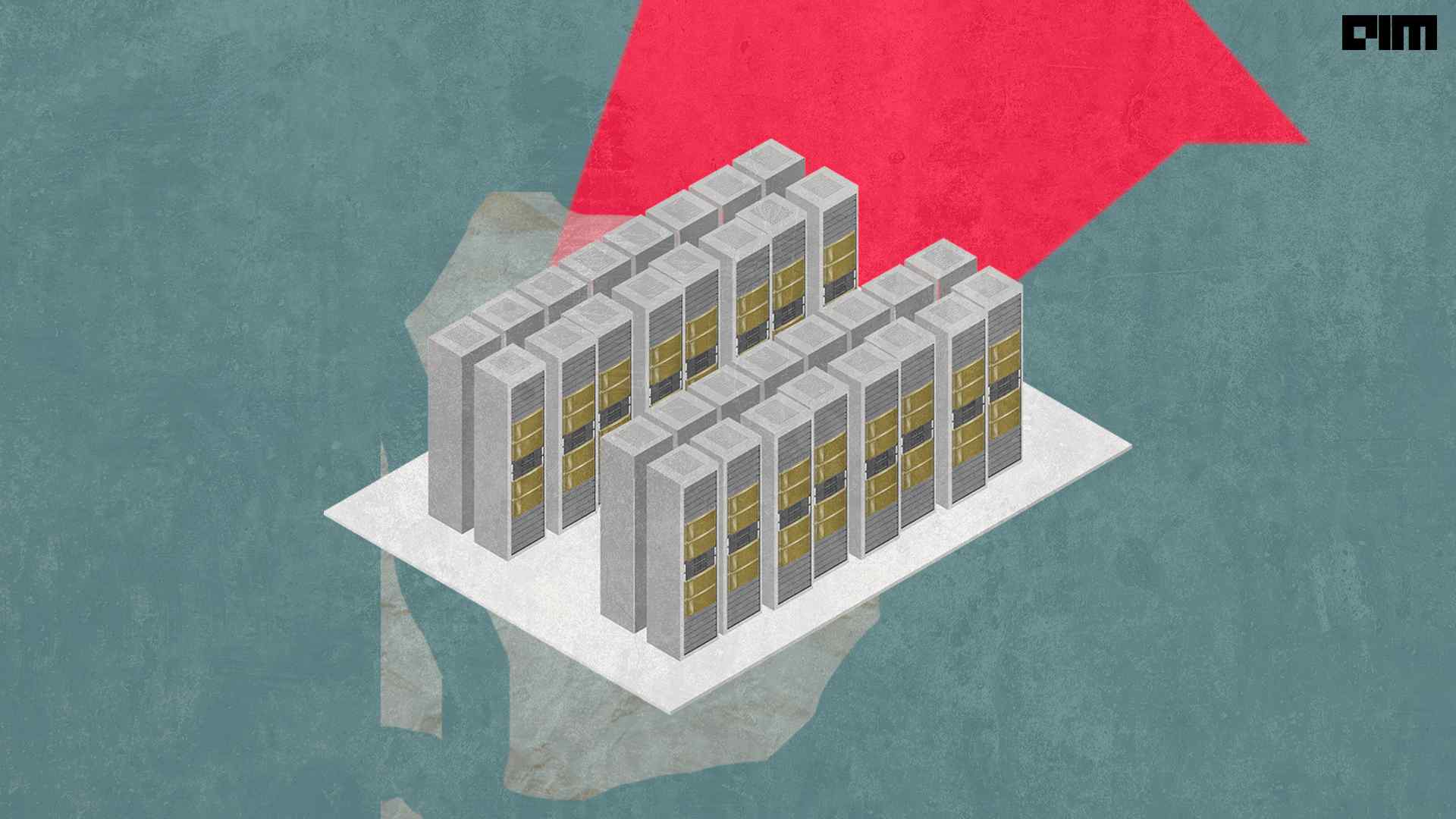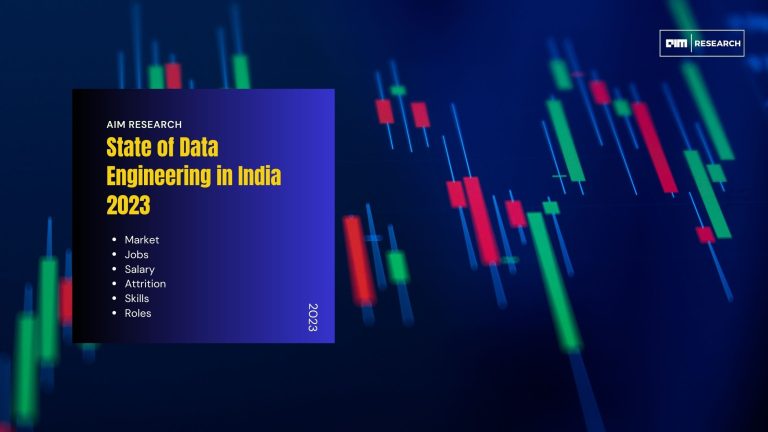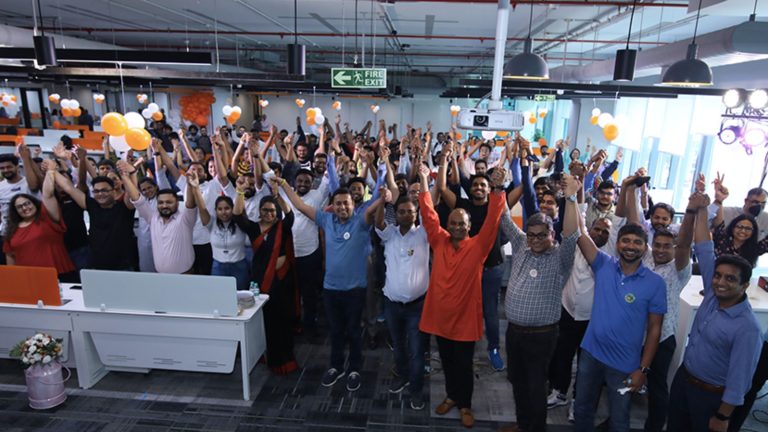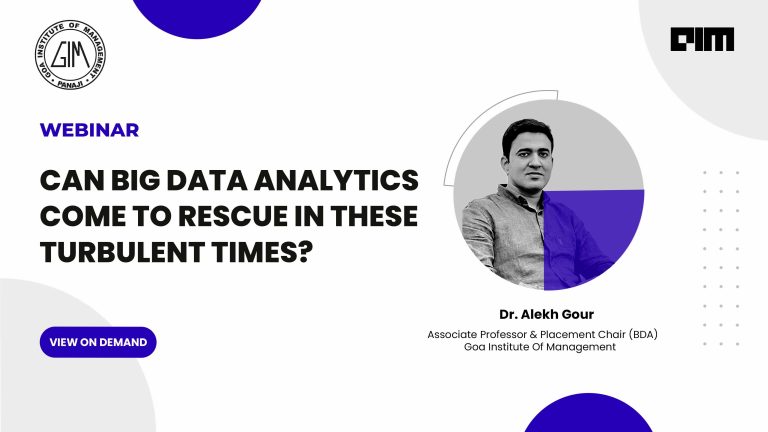Data engineering involves the assortment, transformation and ingestion of data in a standard format into a consolidated data warehouse so that Data Scientists/Analysts can use it to generate insights. In an analytics project, only 20% (if not lesser) of the work is actually deriving insights from data through data science-based tools and techniques, while the rest 80% is data engineering.
However, business leaders are looking to artificial intelligence (AI) and machine learning (ML) techniques to reduce the data engineering efforts and costs involved.
Companies are increasingly adopting the data-driven culture by leveraging the power of data to make successful business decisions and drive transformative technologies. Additionally, the data science culture has driven a three-time increase in economic growth for leaders partaking in the external sharing of data.
Until now, companies have worked on solving problems related to storing, moving and visualising data. However, data teams are moving beyond this to find concrete solutions that can transform, manage and track the organisation’s data. The next phase of this data-driven culture demands companies to redefine their goals, enhance the data related work processes, and hire data engineers who are efficient, flexible, and accessible.
The data analytics space is dynamic and fastly advancing. These are some of the changes that can be expected of data engineering in the coming five years.
The Evolving Role of a Data Engineer
The job role of a data engineer will become more defined as an entity that assists the organisation in leveraging data. The engineer will not engage in the processing and moving data independently but help the organisation do so through automation. This includes moving away from traditional asynchronous data processing methods and partaking in synchronous workflows that include automating data pipelines and data warehouses. Essentially, data engineers will build tools and infrastructures that allow for efficient moving and processing of data using well-defined frameworks.
Integration with Connectors
Engineers require new integrations for each system’s one-on-one connection while connecting upstream data sources to the data warehouse. While data engineers integrate and connect data APIs using custom code connections, it is a highly time-consuming process and often causes bottlenecks.
A key step in the evolution of data engineering will be the use of automated connectors.
Automated data connectors provide a solution through tons of data by connecting to a varied range of data sources without much need for configuration, coding and user input, reducing the time taken to develop and maintain connectors. Additionally, the connector ecosystem and tools like Kafka Connect can help data engineers with viable connectors that can attach to an existing Kafka data pipeline. This will make the process of adding a new system to the pipeline cheap as well.
Real-Time Data Transportation
Another upcoming trend is the move of data processing systems from batch-based to real-time. Presently, the data transportation process happens in batch ETL snapshots. But with systems like Debezium and Kafka, we see a shift to real-time data pipelines and data processing systems. This has made it possible for extraction, transformation and loading of data to happen in real-time.
However, the high costs involved and the processing complexity are still a roadblock that will need overcoming in the coming years.
Tooling And Decentralisation
Generally, centralised data engineer or data warehouse teams deal with a data-related request through technical automation of operational toil. What we have not achieved properly yet is automating decision-making related to data sharing and access within the organisation; that is, the policy toil. This move needs to be accompanied by data security tools, policy enforcement, and fully automated management to control and access data.
A decentralised team accredits the various teams in the organisation to manage their own data warehouses and allows teams to plug into existing data pipelines. Teams can also create their database, datasets, data lakes and data marts in the data warehouse according to their needs- without dependency on the data engineering team.
But these proceedings are not all that easy and often lead to complexity, confusion and duplication. Toolings play an integral role in overcoming these challenges and have emerged as a prerequisite for decentralisation. These tools overcome decentralisation’s limitations by accommodating distribution and ownership across multiple teams. For example, Apache Beam or Google Cloud Dataflow allow for the unification of batches while Google Cloud Data Catalog provides central discoverability, control and governance of distributed domain datasets. The future of data engineering is looking to engineers to apply these tools and overcome the challenges of decentralisation.
Further, increasing privacy requirements, security audits, and regulatory scrutinies will boost automated data management. The upcoming trends are framing a bright future for data engineers and data leveraging organisations. It holds easier solutions for complex problems and barriers being faced today, along with an enhanced role of data engineers in adding more strategic value to the organisation.
Dedicated Data Engineering Support for every team
Finally, with more and more organisations adopting new processes to develop, measure and manage data, the roles and constituents of the data teams will change as well. Dedicated data engineering teams will be responsible for providing data products and services to various teams in the organisation.
In addition, they will work with different teams to curate dedicated and personalised tactics, data resources and processes.
This article is written by a member of the AIM Leaders Council. AIM Leaders Council is an invitation-only forum of senior executives in the Data Science and Analytics industry. To check if you are eligible for a membership, please fill the form here.


















































































